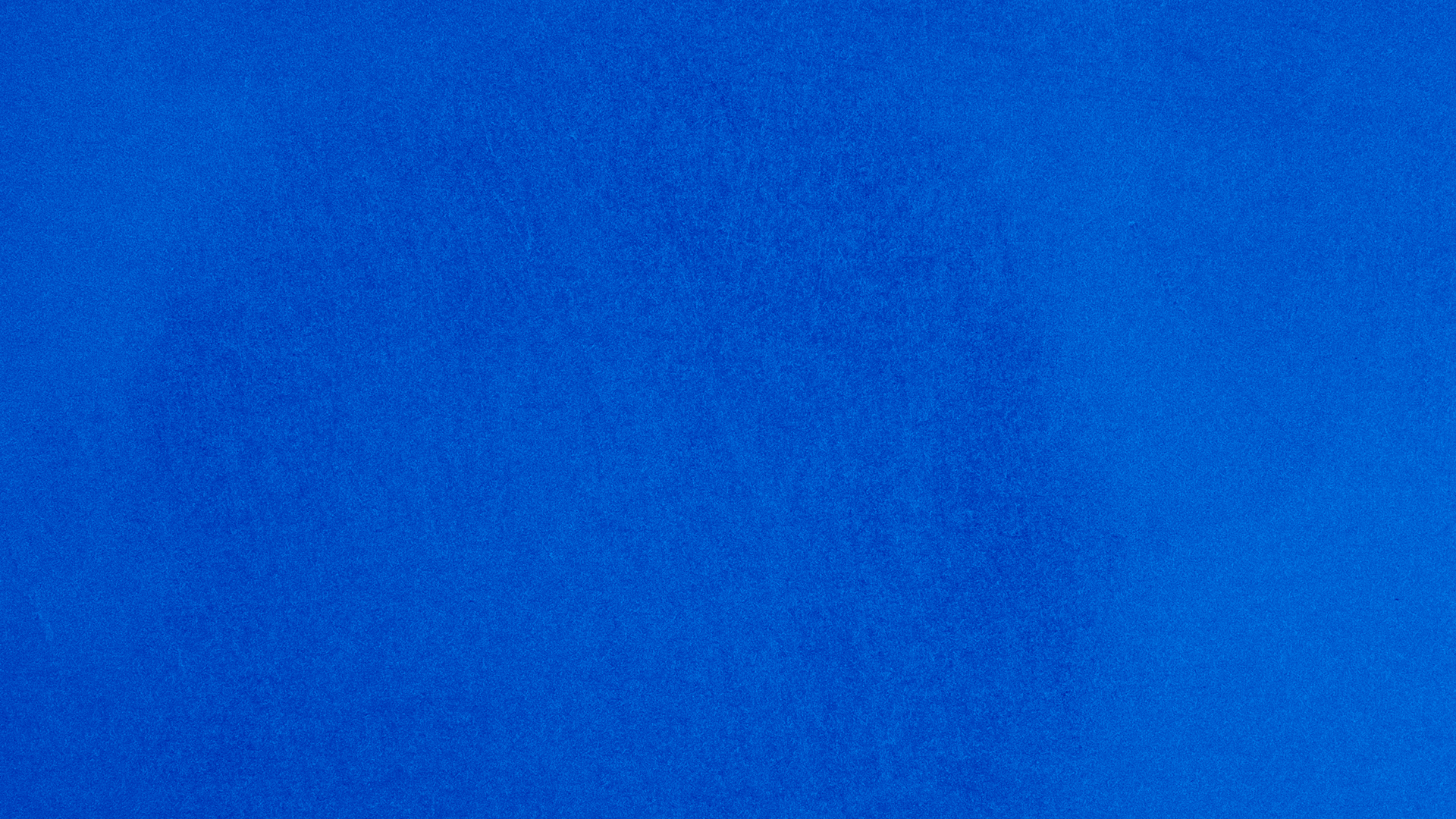
August 25, 2024
Poetry And the World
David Kirby proposes a strategy for living and writing in the world as a poet.
by David Kirby
I was having a drink with my friend Frank, and we got to swapping stories, as friends do, and the next thing I know, Frank is telling me about his grandfather’s experiences in World War II, and of course I’m thinking, “Wow, that sure sounds like a poem.”
Autobiography is the mother of poetry. Most poems begin with what the poet experienced in the moment. For Wordsworth, it was a field of daffodils. For Keats, a Grecian urn. Dickinson saw a snake who became her “narrow fellow in the grass.” A lot of young poets write about breakups. And why not? If somebody dumps you, you might as well get a poem out of it.
But there are only so many flowers, vases, and reptiles in the world. And unless you’re Taylor Swift, you probably won’t want to write about breakups forever. “The truth is out there” was the catchphrase for the TV series The X-Files, which dealt with the search for extraterrestrial life. But there are things on this beautiful and brutal earth of ours that are just as riveting as twelve-foot tall aliens that have eyes on stalks the way crabs do.
Here are a few examples of things somebody besides me should write poems about.
Harriet Tubman ferried many slaves to safety on the Underground Railroad, but she had used a variety of strategies to make people think she was simply on an errand, one of which was to take a chicken with her.
Clever Hans was a horse who could do simple arithmetic by tapping out the answer with his hoof. A study showed he was responding to cues from his trainer, but here’s the best part: the trainer was acting unconsciously and didn’t know he was prompting Hans.
The 1909 air show in Brescia featured flimsy one-man“airplanes” that rested on bicycle tires and were piloted by aviators wearing baggy jackets and cloth caps. It was attended by Franz Kafka, Gabriele D’Annunzio, and Fiat founder Giovanni Agnelli, among the many celebrities and ordinary citizens who were eager to assist at the birth of the future.
Speaking of aviation, Alberto Santos-Dumont pioneered an airship that became the first real plane. An optimist, he thought his invention would lead to world peace since leaders could fly to each other’s countries to work out differences. But when the first World War broke out and armies used planes to bomb each other instead, Santos-Dumont took his own life.
When The Lusitania was sunk in 1915, many passengers died unnecessarily since they had put their life jackets on upside down and drowned because they were in the water with their legs in the air.
In James Jones’s memoir of the attack on Pearl Harbor, Jones says it was a Sunday, so the men had a bonus ration of milk at breakfast that morning, and “it was not till the first low-flying fighter came whammering overhead with his machine guns going that we ran outside, still clutching our half-pints of milk to keep them from being stolen.”
Tsutomu Yamaguchi, a resident of Nagasaki, was in Hiroshima when the city was devastated by atomic bomb blast. He returned home in time to be bombed again when Nagasaki was attacked three days later and is the only person known to have survived both blasts.
As quirky as these stories are, each invites you to ferret out something you don’t know yet about human nature. Harriet Tubman’s story isn’t about slavery or chickens; it’s about how we come up with strategies to get the job done. At Pearl Harbor, the world James Joyce and his friends knew was coming to an end, yet all they could think of was their half-pints of milk—what does that tell you about how the mind operates?
In my case, I decided to write a poem consisting entirely of Frank’s story. The first draft also included a few lines about an act of kindness performed by Frank’s grandmother and some other women, but the poem wasn’t quite ending itself in a way that satisfied me. So I put it aside for a few days, and then I came across a quote from Frances of Assisi that rounded things off nicely, and I was done. Here’s what I came up with.
That Happened Sometimes
Frank tells me that his grandfather
was a tower operator in 1944-45 in Burma
where he had to land bombers in the jungle
while being shot at by Japanese snipers
hidden in the tops of palms trees and that at night
they'd have to abandon the airstrip, retake it
in the morning, land and refuel aircraft,
and then repeat the same thing the next day.
One time the operator only a few feet away
got his brains blown out by a sniper,
but Frank’s grandfather had to stay in the tower
to guide the bombers in. That happened
sometimes, he said to his grandson.
Back home, Frank’s grandmother
and great-grandmother would cook pounds
and pounds of pasta al pomodoro every week
and bring it to the Italian prisoners of war
at Camp Belle Mead, New Jersey.
St. Francis tells us to preach the gospel
at all times, and if necessary, use words.
Earlier I said all poetry is autobiography. Okay, but here I confess to using, not my story, but someone else’s. Wait a minute, though: isn’t this as autobiographical a poem as much as if I had written one about getting mugged? It, too, happened to me: I heard the story from Frank, I read the St. Francis quote somewhere. This poem is 100% by other people. But it wouldn’t exist if it weren’t for me. I was just like the arranger who moves the notes around the page until the song comes out right. After all, music consists of the seven major chords and their variations; as they say, not even John Coltrane could play in the key of H. Yet look how many songs there are.
Point: Don’t waste other people’s stories. You should ask permission to use them, of course. If you do, I bet the person who told you the story will be touched and grateful to you. Every time I’ve suggested that I think I can give someone’s story new life and share it with those who wouldn’t have the chance to hear it otherwise, I’ve gotten an enthusiastic response.
But don’t forget to give credit where credit’s due. You license your use of someone else’s story by beginning, “Frank tells me.”
David Kirby’s latest books are a poetry collection, Help Me, Information and a textbook modestly entitled The Knowledge: Where Poems Come From and How to Write Them. David teaches at Florida State University and is currently on the editorial board of Alice James Books.
David Kirby was our Poet of the Week in May. Read his magnanimous & hilarious poems and interview here!


